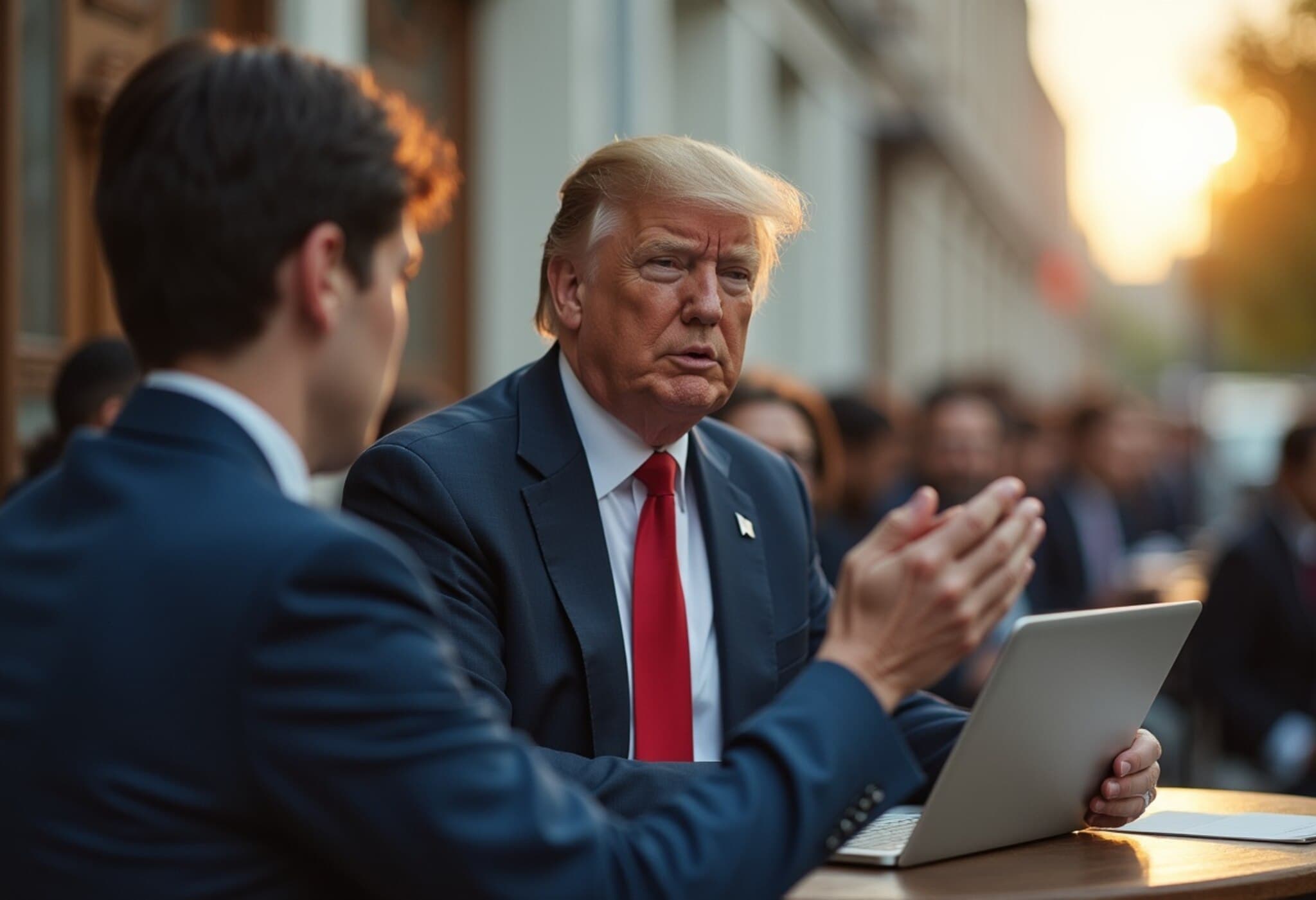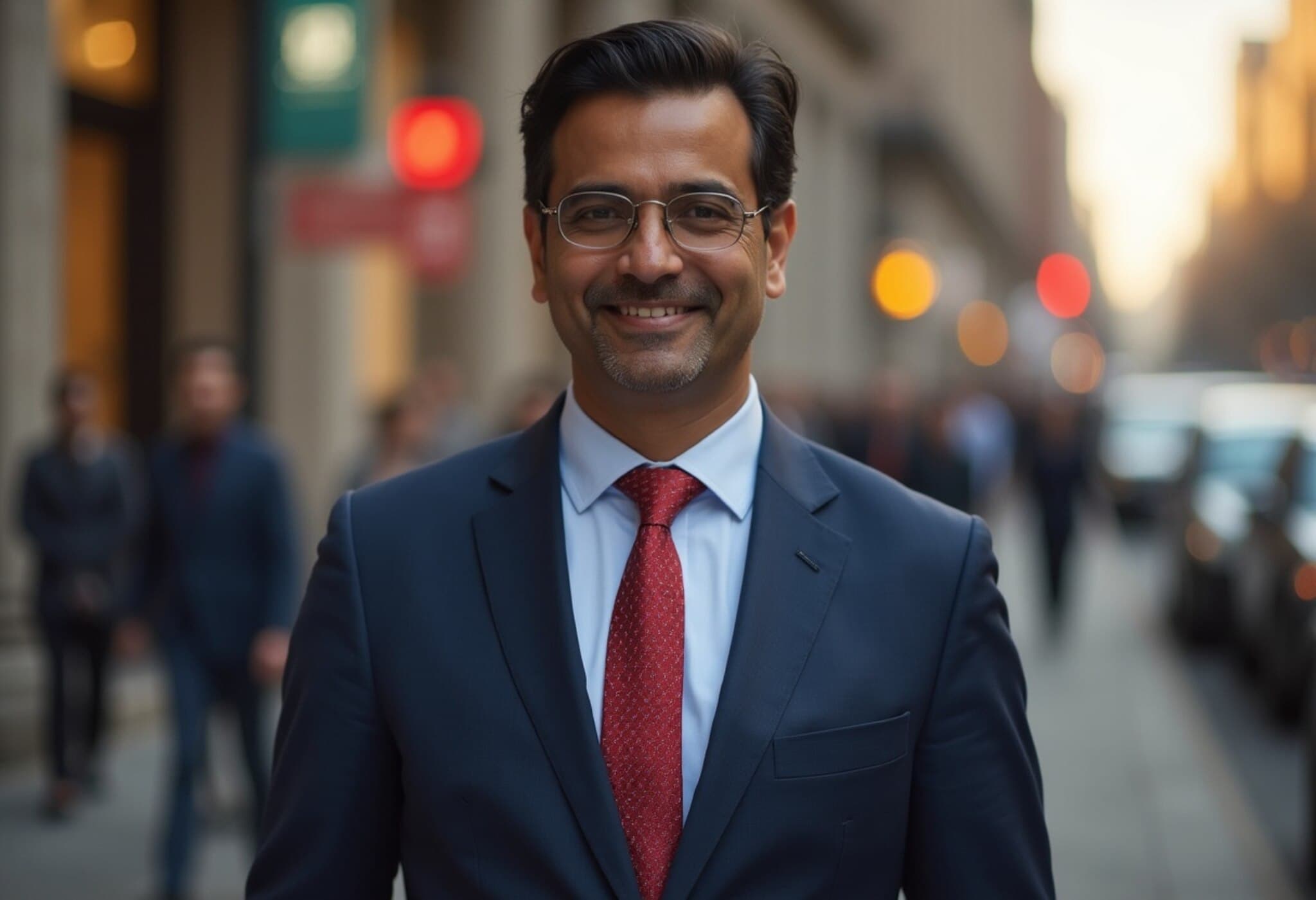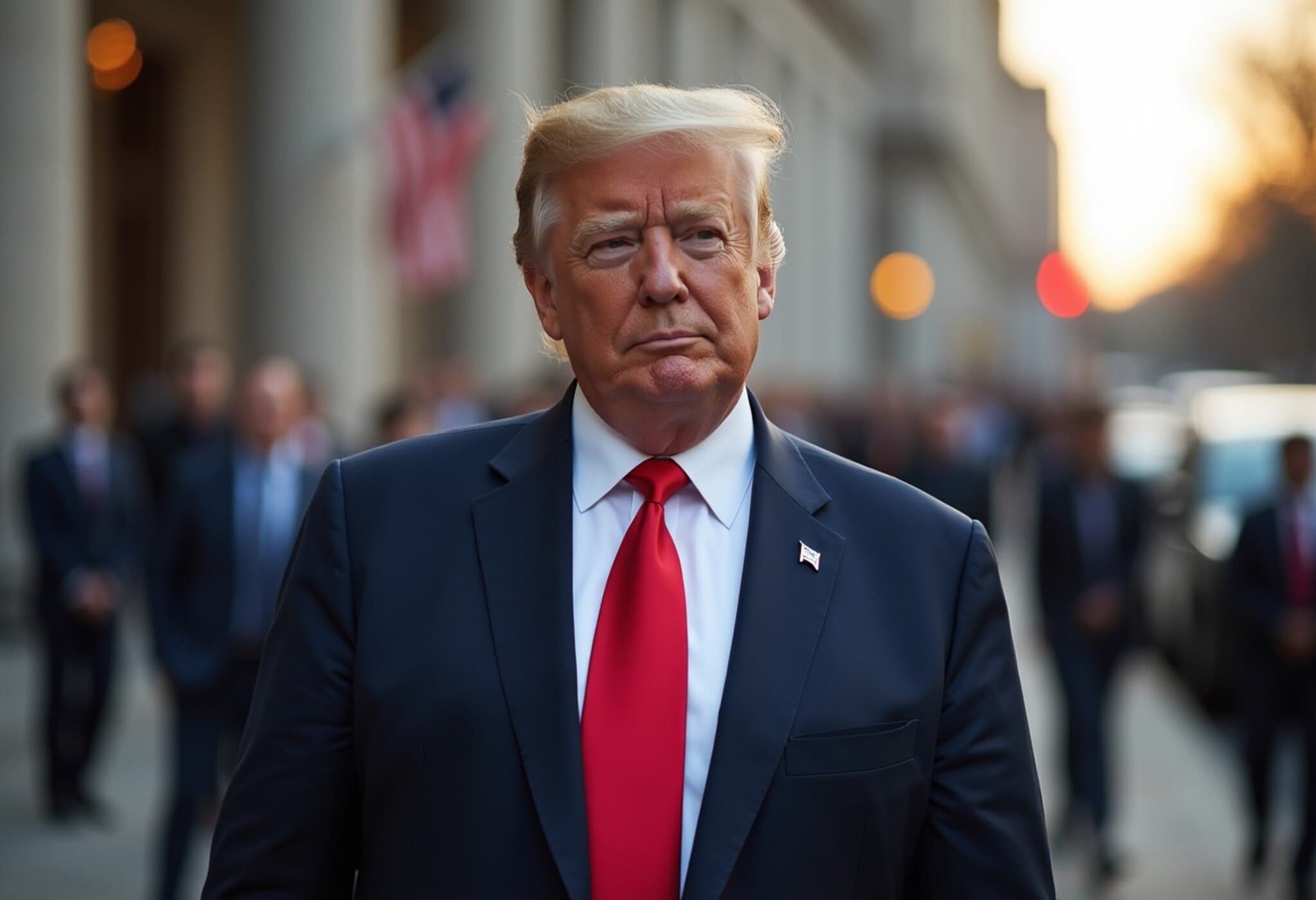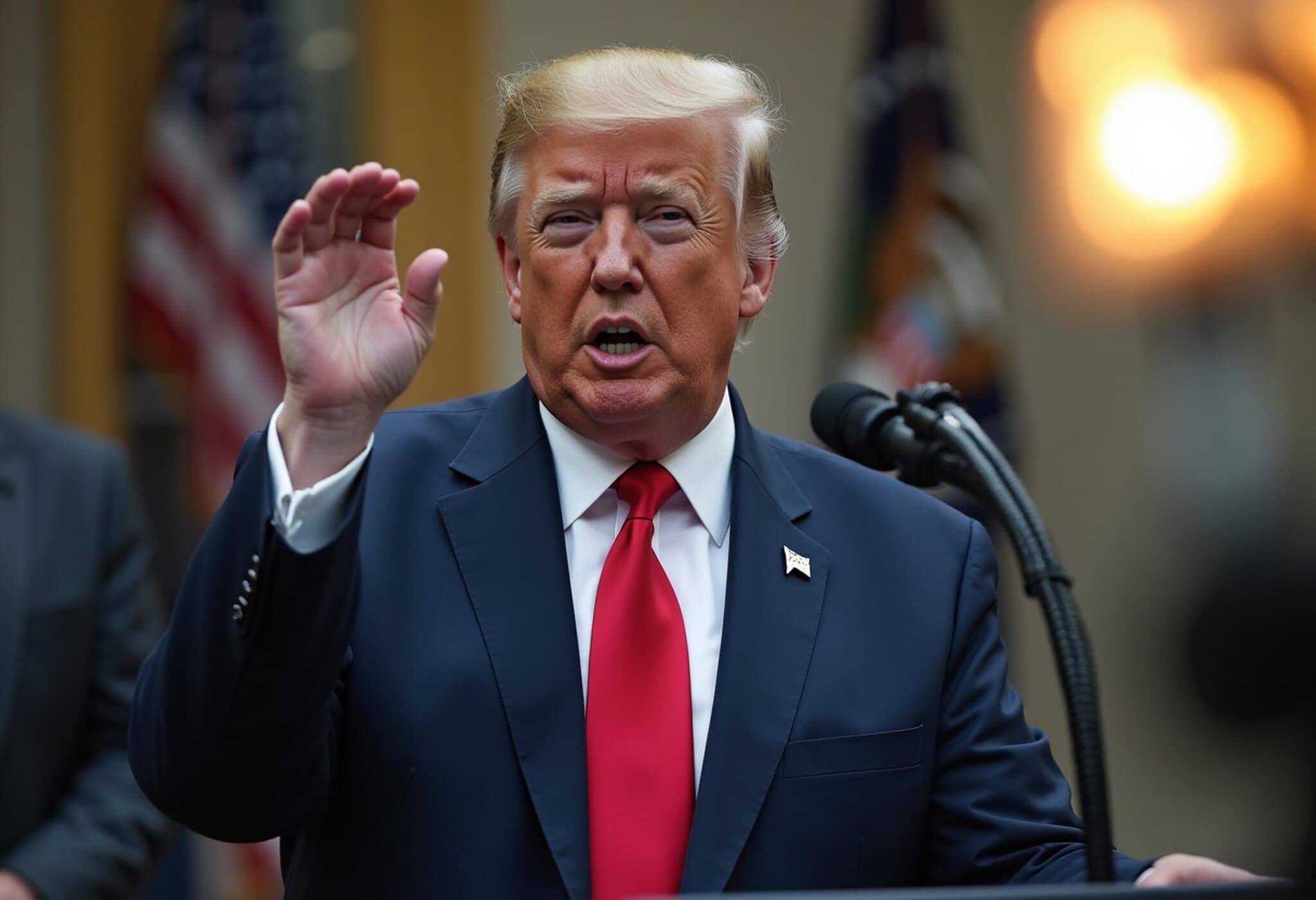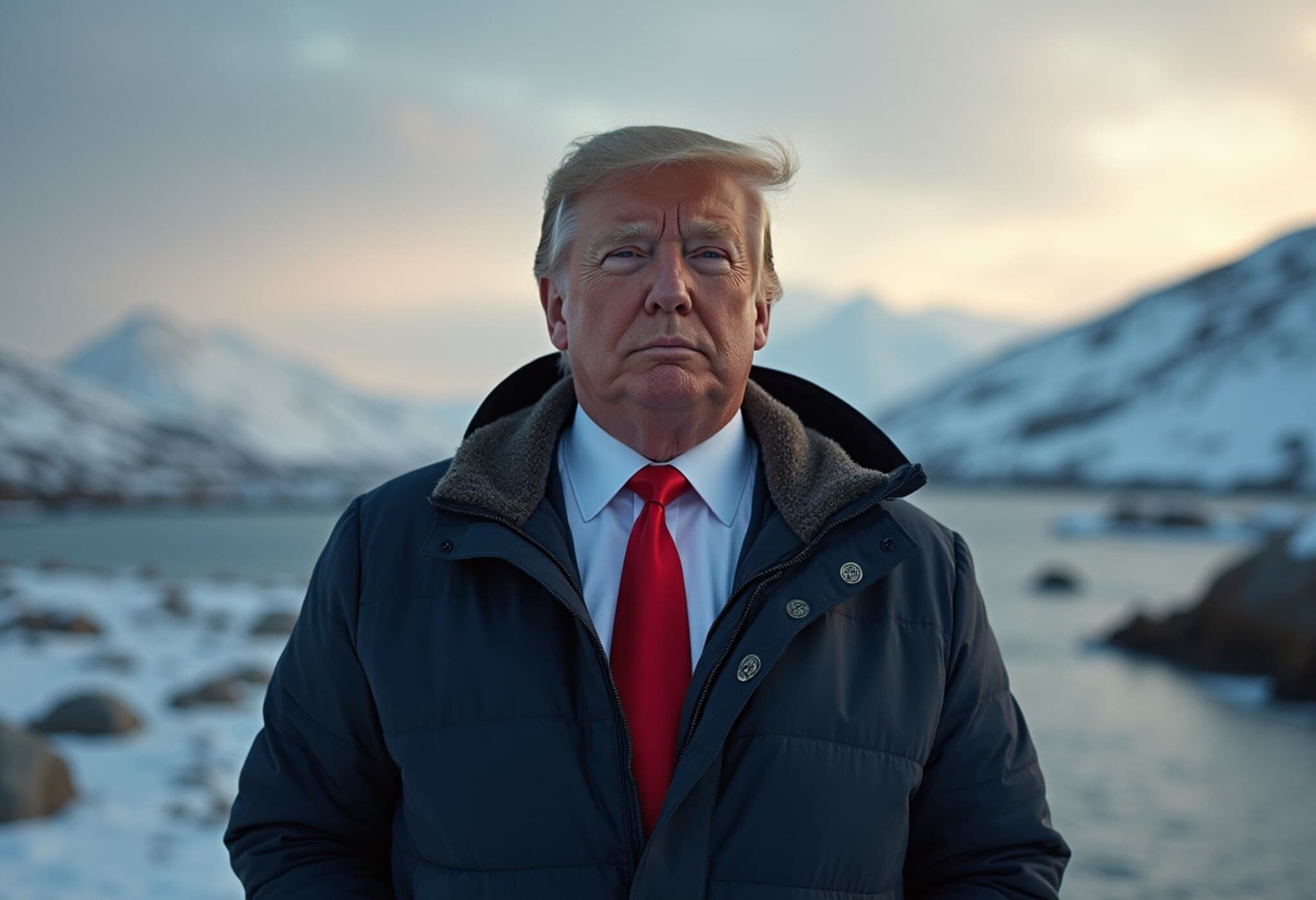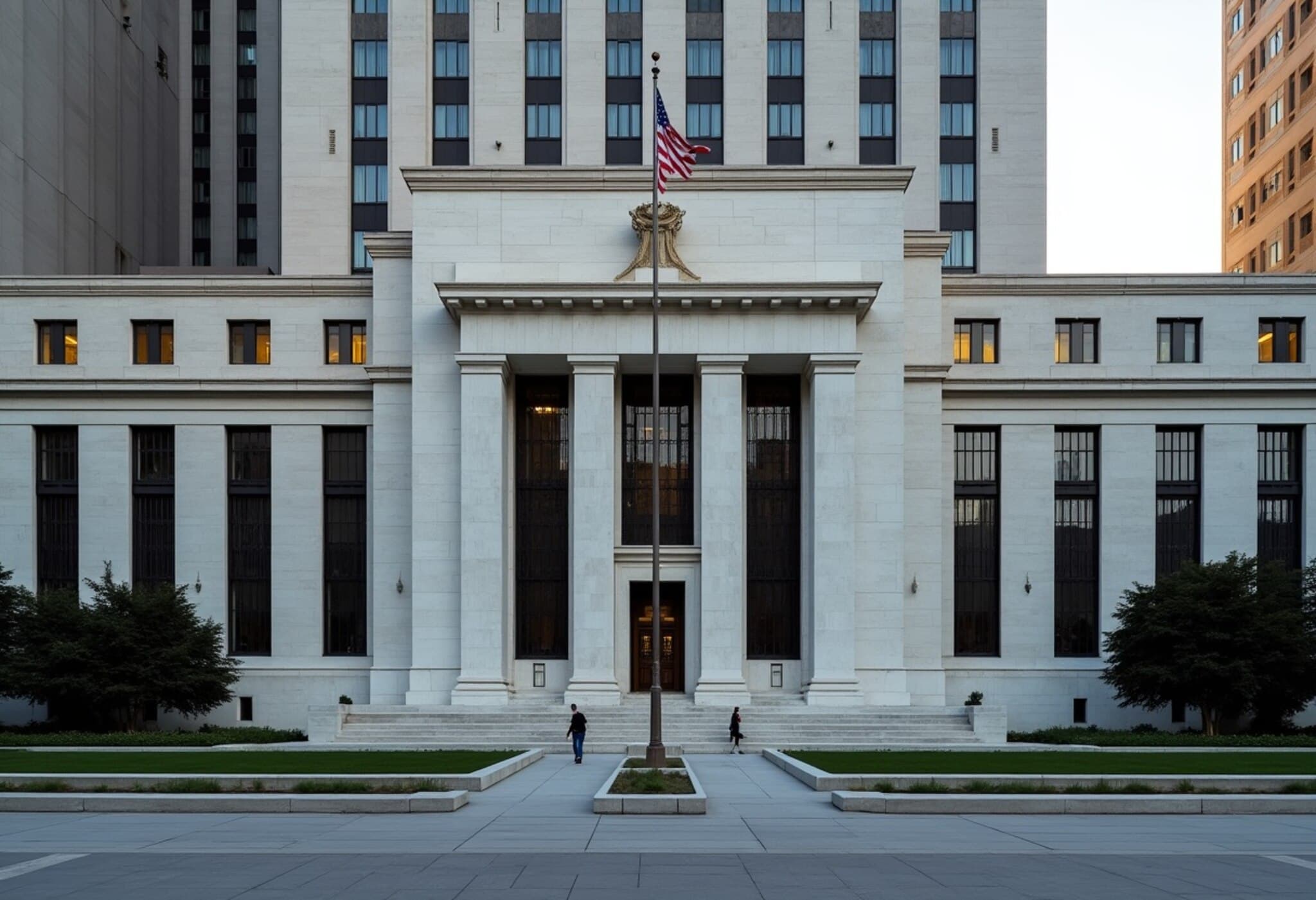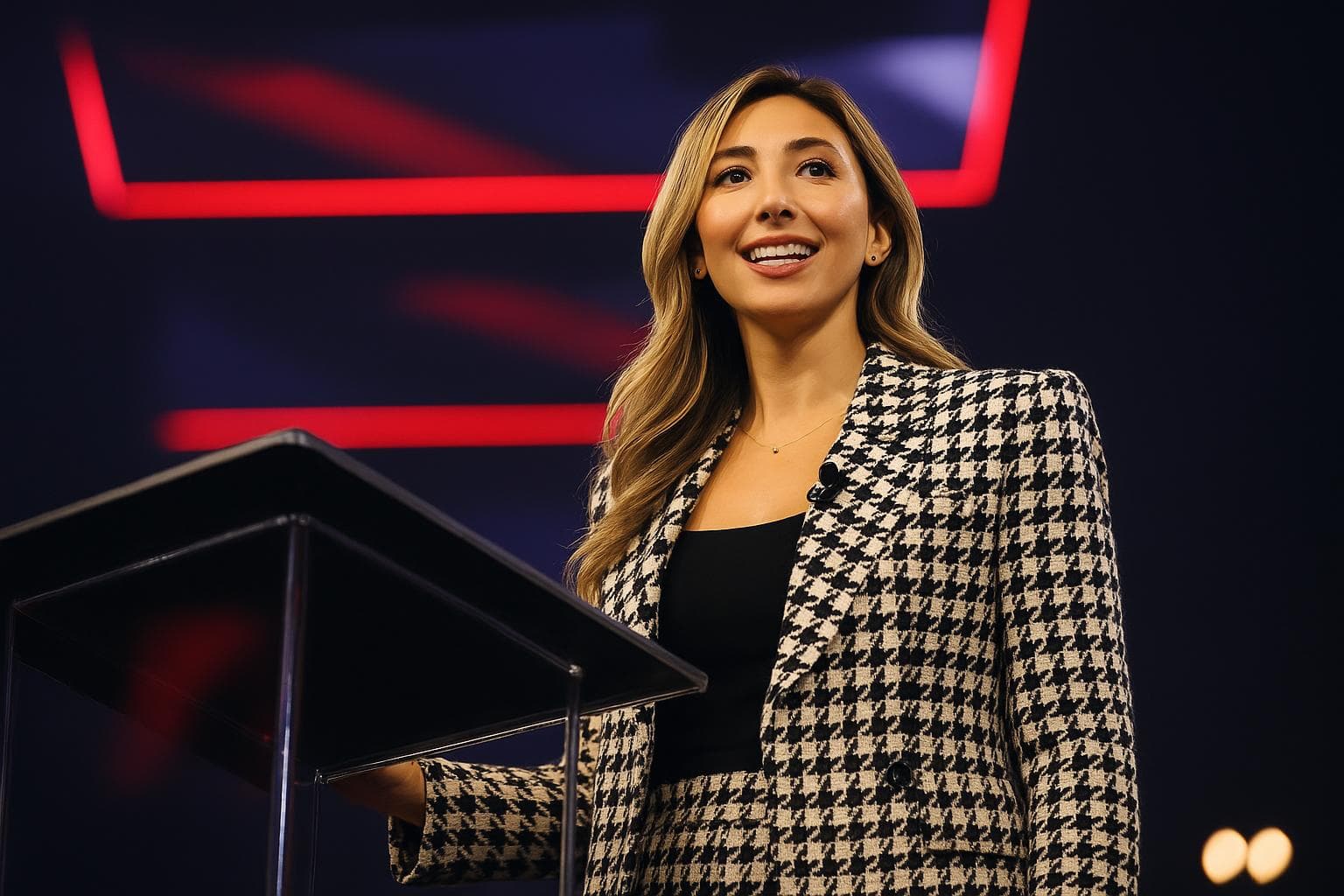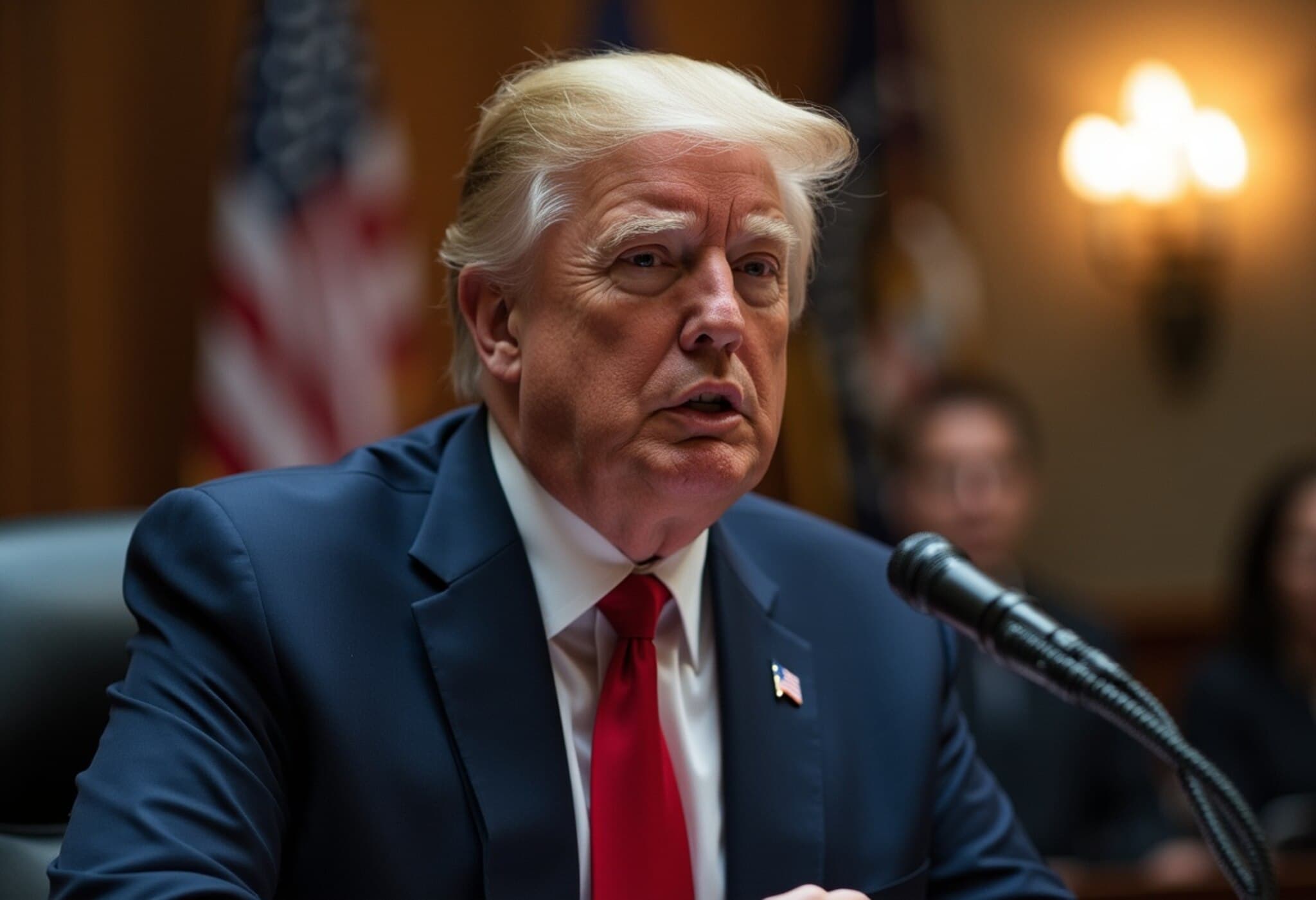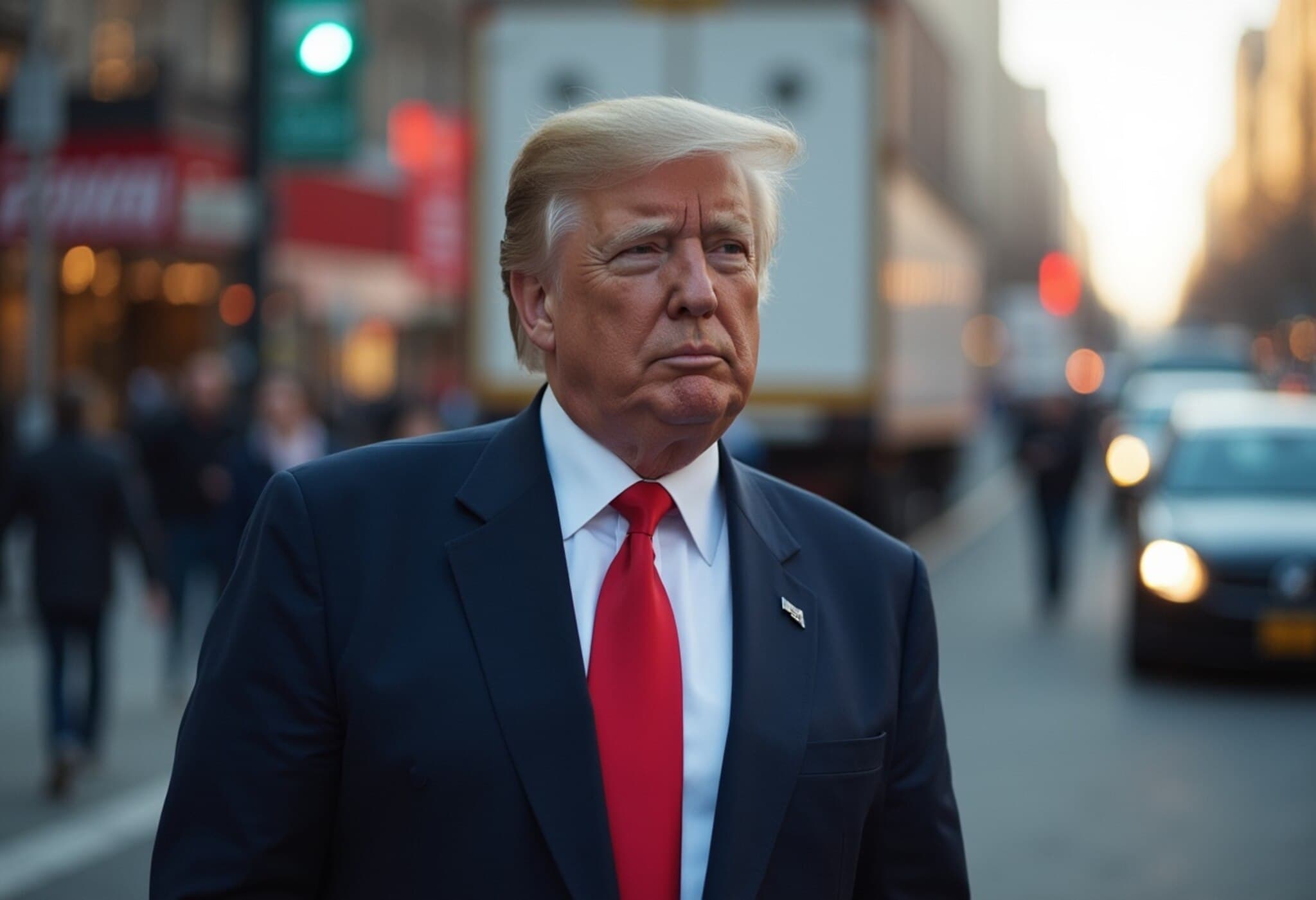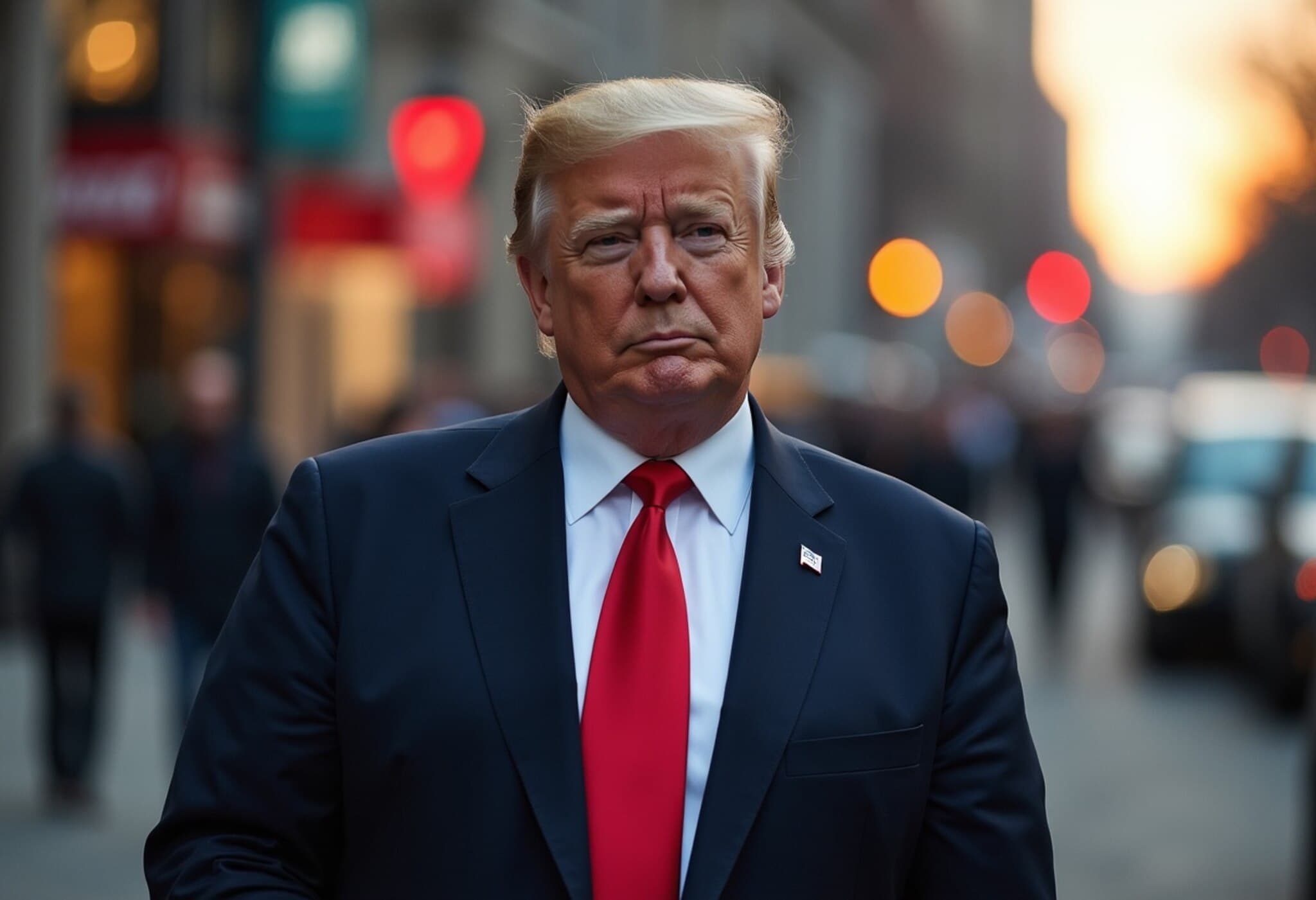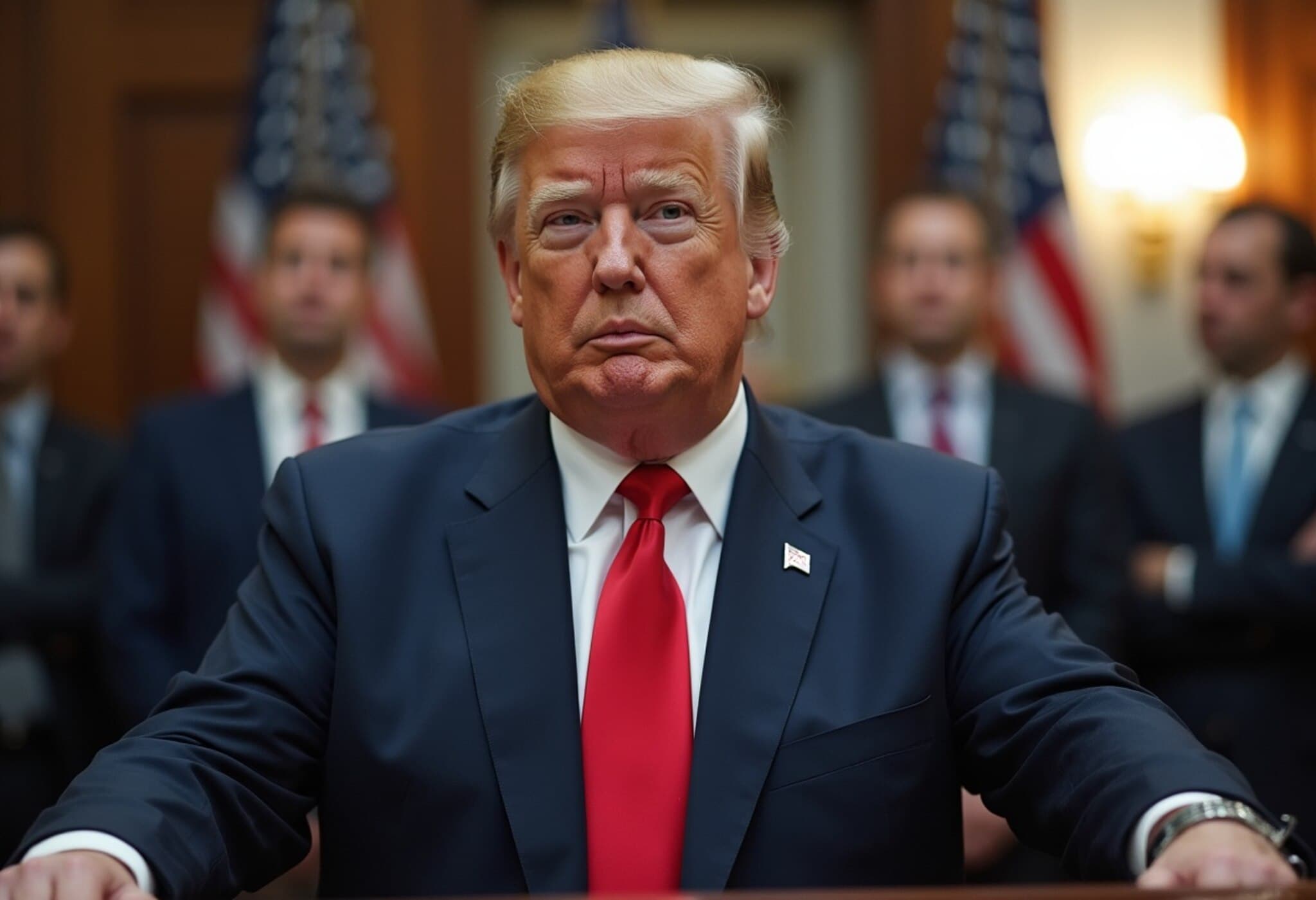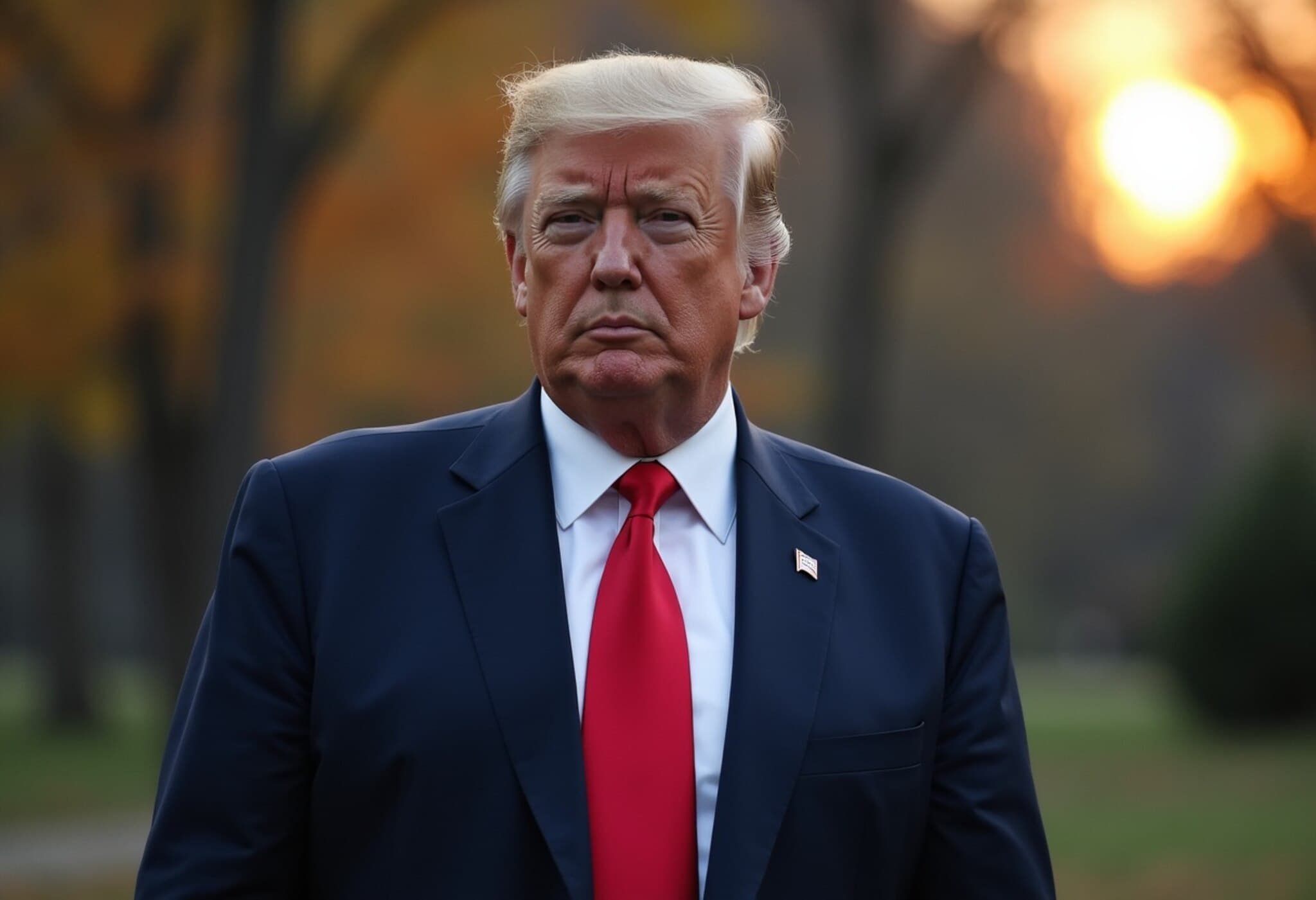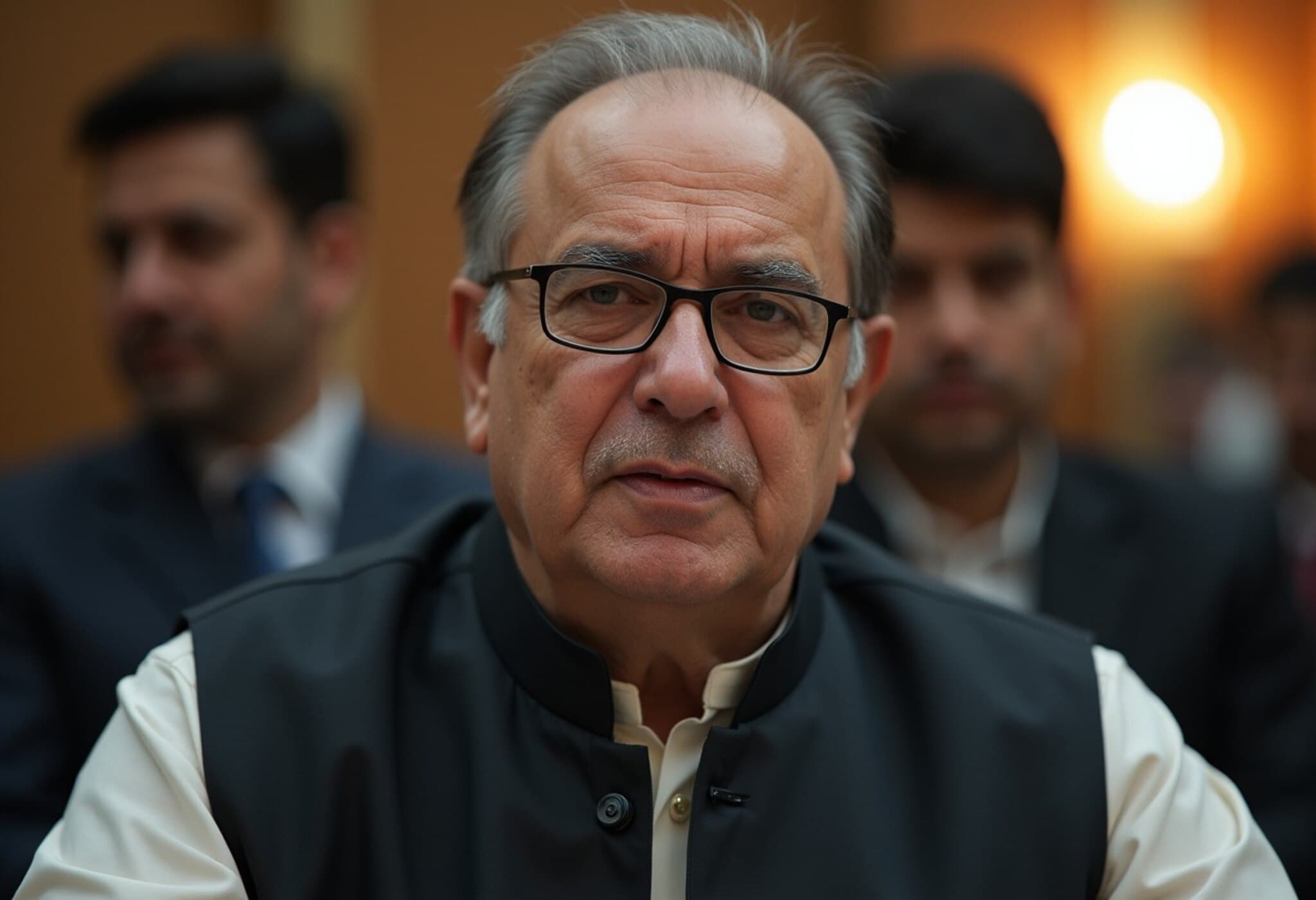Trump Administration Amplifies Scrutiny on U.S. Higher Education Institutions
In a fresh round of federal actions, the Trump administration announced new investigations targeting prominent American universities, signaling an escalated campaign that intertwines education policy with broader political objectives. On July 23, 2025, the U.S. Departments of State and Education unveiled probes into several universities that could reshape ongoing debates about immigration, civil rights, and academic freedom.
State Department Probes Harvard’s Role in Exchange Visitor Program
The State Department disclosed an inquiry into Harvard University’s eligibility to participate in the Exchange Visitor Program (EVP), a visa initiative that allows international students, scholars, and interns to engage in cultural and educational exchange. While the department did not specify the complaint prompting the investigation, the core concern is whether Harvard is upholding the EVP’s fundamental mission to foster cultural exchange and mutual understanding.
Harvard, frequently at the center of the administration’s scrutiny, responded firmly. A university spokesperson condemned the investigation as "yet another retaliatory step in violation of Harvard’s First Amendment rights." This development follows a series of contentious interactions, including federal funding freezes and allegations of civil rights violations, particularly concerning Jewish and Israeli students.
Education Department Targets Scholarship Programs Favoring Undocumented and Minority Students
Simultaneously, the Department of Education launched an unprecedented civil rights investigation into five universities—including the University of Louisville, University of Nebraska Omaha, University of Miami, University of Michigan, and Western Michigan University—over scholarship programs designed for undocumented and minority students.
The allegations assert that these programs impermissibly "preference foreign-born students" and thus discriminate against native-born U.S. citizens, potentially violating the Civil Rights Act of 1964. Acting Assistant Secretary for Civil Rights, Craig Trainor, emphasized the government's stance: "Neither the Trump Administration's America First policies nor the Civil Rights Act of 1964’s prohibition on national origin discrimination permit universities to deny our fellow citizens the opportunity to compete for scholarships because they were born in the United States."
The probe was initiated following complaints filed by the Equal Protection Project of the Legal Insurrection Foundation, a conservative advocacy group. Notably, the Education Department included an official statement from this group in its announcement—a rare move that indicates the administration’s alignment with certain advocacy agendas.
Broadening the Scope: Other Scholarship Programs Under Fire
The Office for Civil Rights (OCR) is also examining scholarships aimed at other historically marginalized groups, such as Western Michigan University’s scholarships for "African American, Native American, or Hispanic American" students, and the University of Louisville’s scholarships for "LGBTQ+ students of color." The agency’s investigation raises crucial questions about the balance between affirmative action policies and anti-discrimination laws.
Universities remain largely tight-lipped. While four out of the five institutions have not issued statements, University of Michigan spokesperson noted, "The university has received a letter of notification relating to this matter. We have no further comment." The silence elicits speculations about how these institutions will navigate mounting federal pressures.
Contextualizing the Administration's Campaign Against Higher Education
These new investigations form part of a broader, years-long effort by the Trump administration to challenge policies and programs at elite and public universities that it views as contrary to its political priorities. The administration’s initiatives include:
- Legal and Financial Pressure: Harvard and other Ivy League schools have faced federal funding freezes amid allegations of violating civil rights and tax status.
- Antitrust Scrutiny: The House Judiciary Committee recently investigated Ivy League universities over tuition collaboration and financial aid policies aimed at curbing excessive costs.
- DEI Policy Investigations: Investigations into diversity, equity, and inclusion initiatives have led to high-profile resignations, such as the University of Virginia’s president stepping down amid federal probes.
The overarching theme underlying these moves is an attempt to reshape American higher education to align more closely with the administration’s “America First” ideology. This drive raises important debates about the intersection of educational autonomy, federal oversight, and civil rights protections in a politically polarized era.
Expert Insight: Navigating Complex Legal and Ethical Terrain
Legal experts note that these probes sit at a delicate crossroads. On one hand, universities have a responsibility to comply with anti-discrimination laws and immigration policies; on the other, affirmative action and culturally responsive scholarship programs are seen as vital tools for addressing systemic inequalities.
Professor Linda Martinez, a specialist in education law at Georgetown University, explains, "Federal investigations that challenge affirmative action and targeted scholarships walk a fine line. They test the boundaries of the Civil Rights Act and raise broader questions about the role of government in regulating educational equity programs." She adds, "These actions might also have chilling effects on universities’ abilities to design programs that support underrepresented communities."
Looking Ahead: What These Investigations Mean for Universities and Students
These federal investigations will likely set significant precedents about how universities can structure scholarships and engage with international students. Moreover, they could influence the broader societal narrative about immigration, inclusion, and fairness in America’s higher education landscape.
- Will universities be forced to curtail targeted scholarship programs, or adapt them to new legal interpretations?
- How might these probes affect the recruitment and retention of international students and scholars?
- Could escalating federal scrutiny deepen political divides within academic communities, potentially sparking protests or policy reversals?
As investigations unfold, the education sector waits cautiously, balancing the pursuit of diversity and inclusion with compliance under a politically intense climate.
Editor's Note
The Trump administration’s heightened investigations into prominent universities underscore the fraught relationship between federal policy priorities and academic freedom. These actions raise pressing questions about the future of scholarship programs designed to support marginalized groups and the safeguarding of cross-cultural academic exchange programs.
As these probes expand, it is crucial to monitor not only legal outcomes but also their broader impact on university communities and the principle of equitable access to education for all students, regardless of origin or background. The unfolding situation invites reflection on how American higher education can uphold its commitments to diversity, compliance, and inclusivity in a contentious political era.

